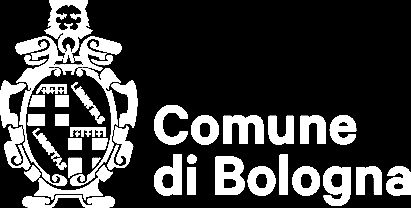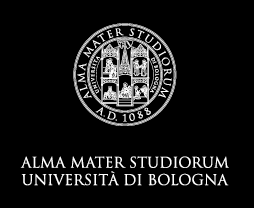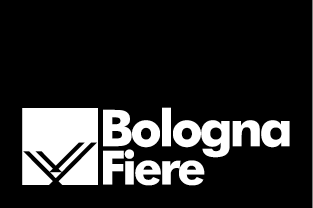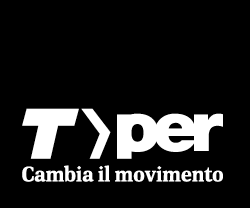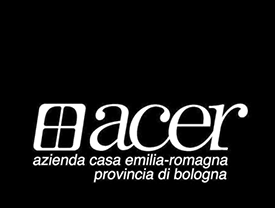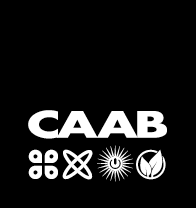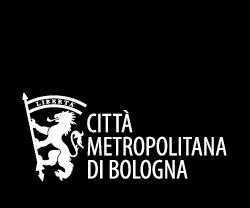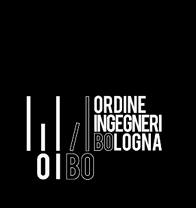On 31 January and 1 February 2024, a plenary progress meeting of the Bologna Digital Twin project took place in Bologna. The meeting was an opportunity to discuss the latest developments and the future prospects of the project.
The Bologna Digital Twin offers an innovative perspective for sustainable urban transformation and it is intended not only as a tool for the development of increasingly effective public policies and forms of urban planning, but also as a strategy to make Bologna a common platform. The objective is to create an advanced urban environment, where the Digital Twin is configured as a complete system, deeply affecting the organization of the Municipality. It aims to be the device through which to connect the different urban actors - public, private, civil society - enabling and encouraging their participation to generate new forms of public value.
The meeting, which involved around 70 participants including managers and officials, professors and researchers, experts and practitioners, proved to be crucial in catalyzing creative and collective energies and reinforcing visions and strategies for the future of the ambitious project. In fact, several collaborative sessions were organized, during these two days, to foster both the exchange between the different institutions and the hybridisation of expertise within the consortium.
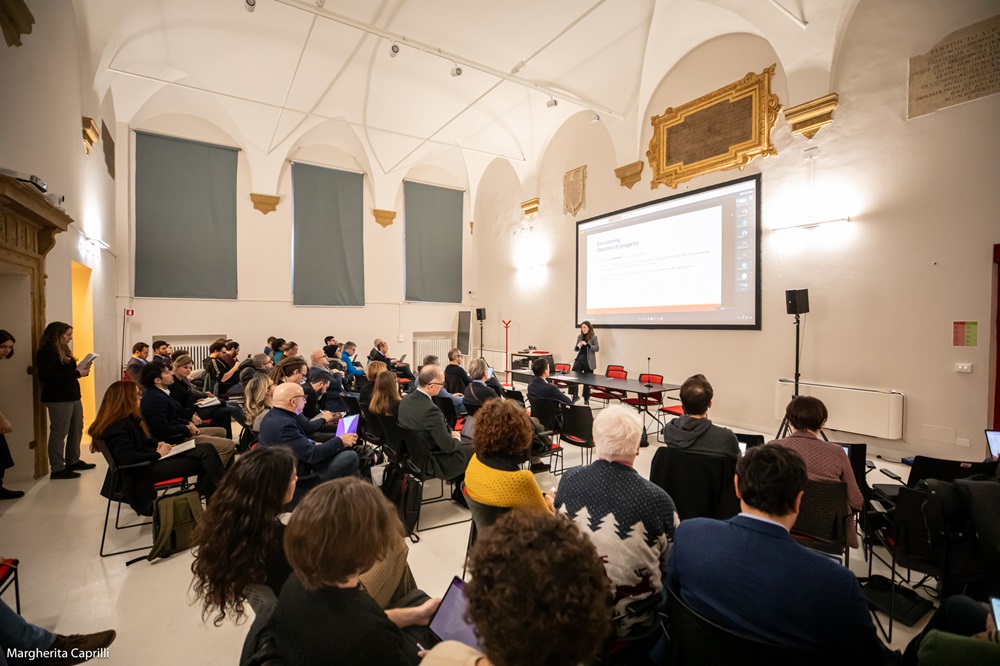
On the first day, envisioning activities were carried out followed by use case workshops. The aim of the two activities was firstly to reason about the objectives and then to identify technical scenarios to answer the research questions that emerged from listening to PAs and stakeholders.
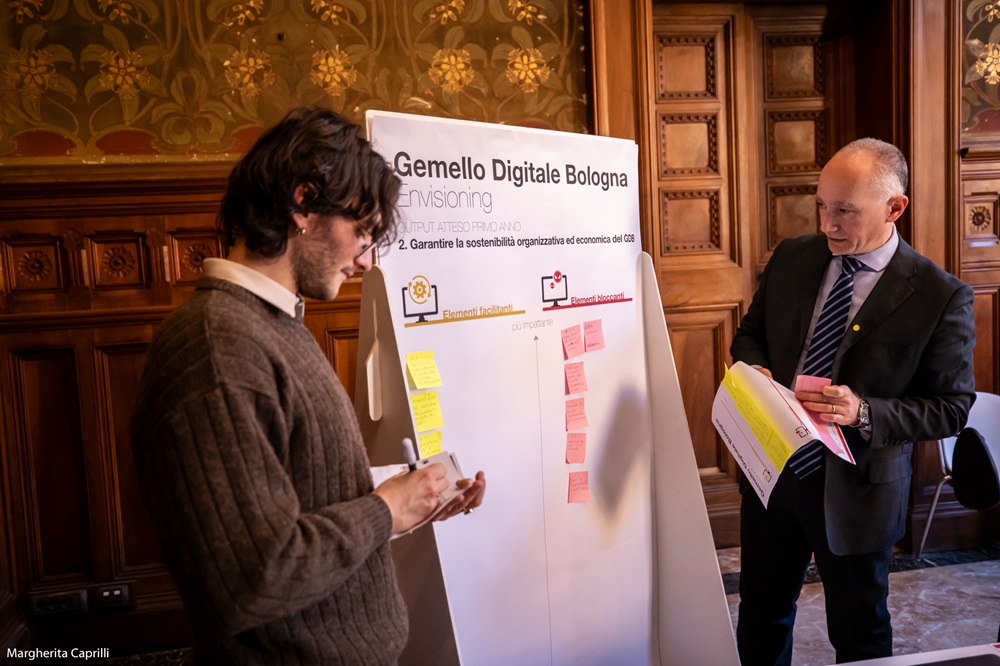
On the second day, it was decided to continue with three workshops on the three elements considered to be the pillars of the project, namely: Platform, Data and Data Governance and finally Engagement.
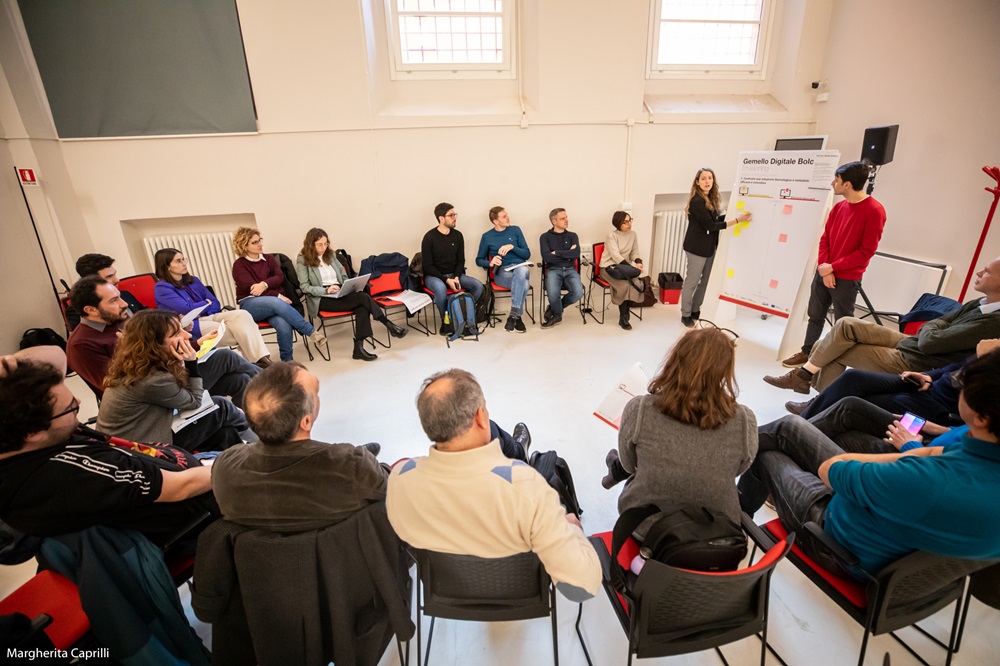
Following the two days of planning, the consortium identified three macro-objectives to be implemented in order to achieve concrete results by the year 2024. The first objective is the construction of an effective and innovative solution through the creation of an initial core urban data ecosystem, together with the definition of users and key processes. The second objective provides instead to ensure the organizational and economic sustainability of the Bologna Digital Twin, through the establishment of the data office and the associated processes definition, together with the identification of an efficient governance model. Finally, the third objective is to explore elements of value for giving the Digital Twin a dimension of public good,through the definition of effective solutions for the ethical and legal management of the project.



